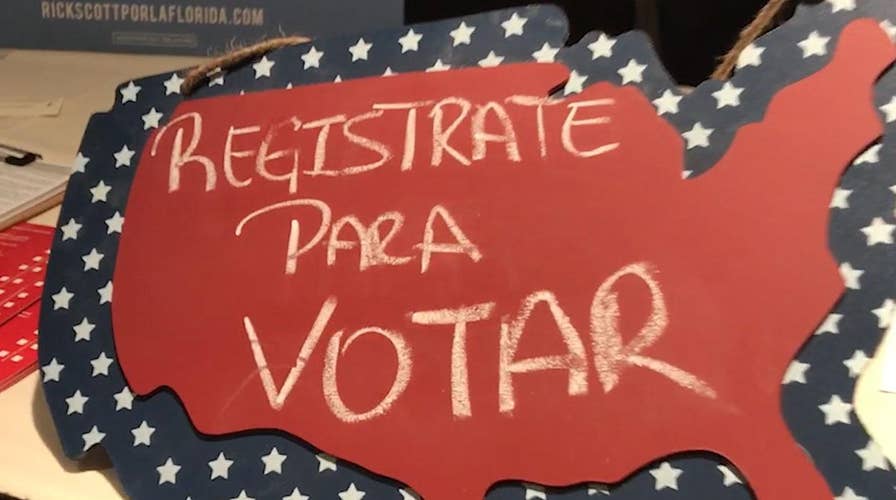Florida is providing Spanish language ballots across the state
Political analysts say getting Hispanics to the polls in 2020 is critical for both parties
MIAMI -- Rural counties across Florida are struggling to meet a state mandate to offer bilingual ballots to all its voters in time for March 2020 primary.
Gov. Ron DeSantis, a Republican, issued the order in April, surprising officials in smaller counties who said that they did not have the money or resources to comply.
The directive requires that the state's 67 counties make voting accessible to Spanish speakers by offering non-English ballots, sample ballots and voting material. The order came after a lawsuit was filed by several Latino and civil rights organizations, arguing that 32 counties were violating the Voting Rights Act because they had large Latino populations but didn't offer Spanish-language ballots to its voters.
The judge ruled in favor of the groups, forcing the counties to comply. The governor's directive covers the other 22 counties not covered by the court order.
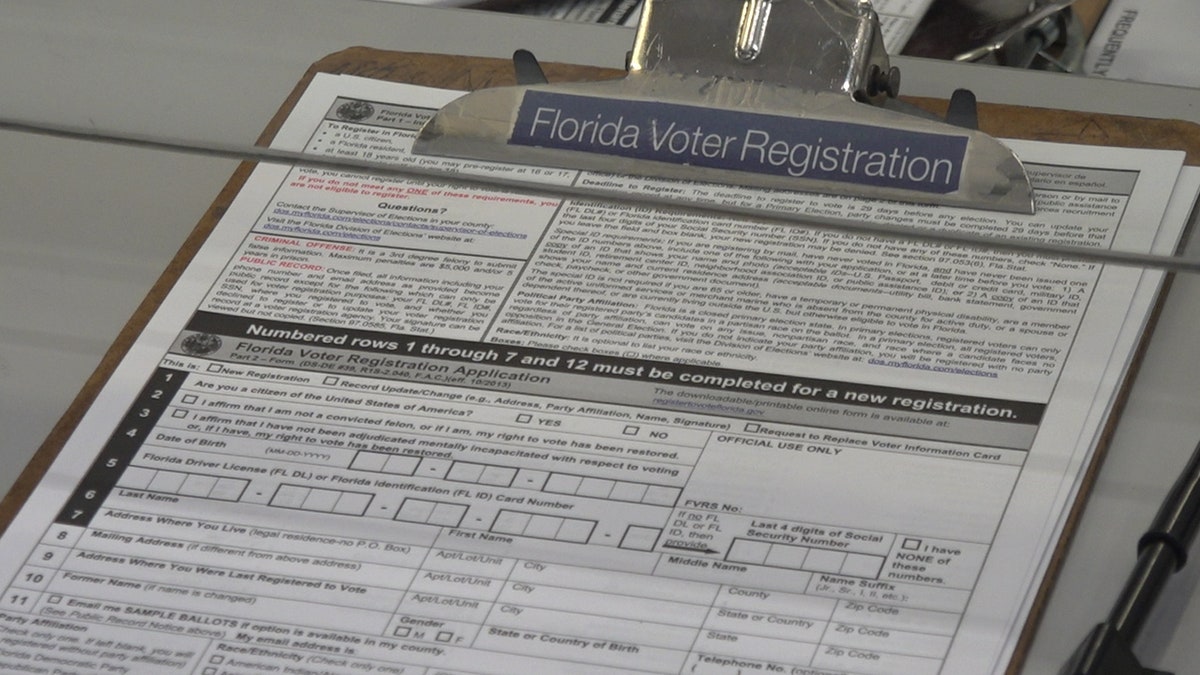
Florida has over two million Hispanic registered voters, according to the Florida Division of Elections. (Elina Shirazi/Fox News)
At least 13 counties, including Broward, which includes Fort Lauderdale, and Orange, which includes Orlando, already have bilingual ballots because they have large minority populations and must abide by federal law.
Miami-Dade County has trilingual ballots because it also has a large Haitian population that speaks Creole.
On the road to the White House, Hispanics will be critical voters in a crucial swing state. The state's already large Latino population increased significantly after Hurricane Maria devastated Puerto Rico, prompting millions of the island's residents to flee to Florida.
State officials want to make sure those Puerto Ricans, who are American citizens, can and do vote.
"[It's] a recognition of the growth of the Latino or Hispanic population in the state,” said Eduardo Gamarra, a political science professor at Florida International University.
DeSantis' decision provoked an immediate backlash, especially across rural counties with few Hispanics.
Wesley Wilcox, the elections supervisor in Central Florida’s Marion County, where the Hispanic population is about 6 percent, said the mandate will hurt many areas.
CLICK HERE TO GET THE FOX NEWS APP
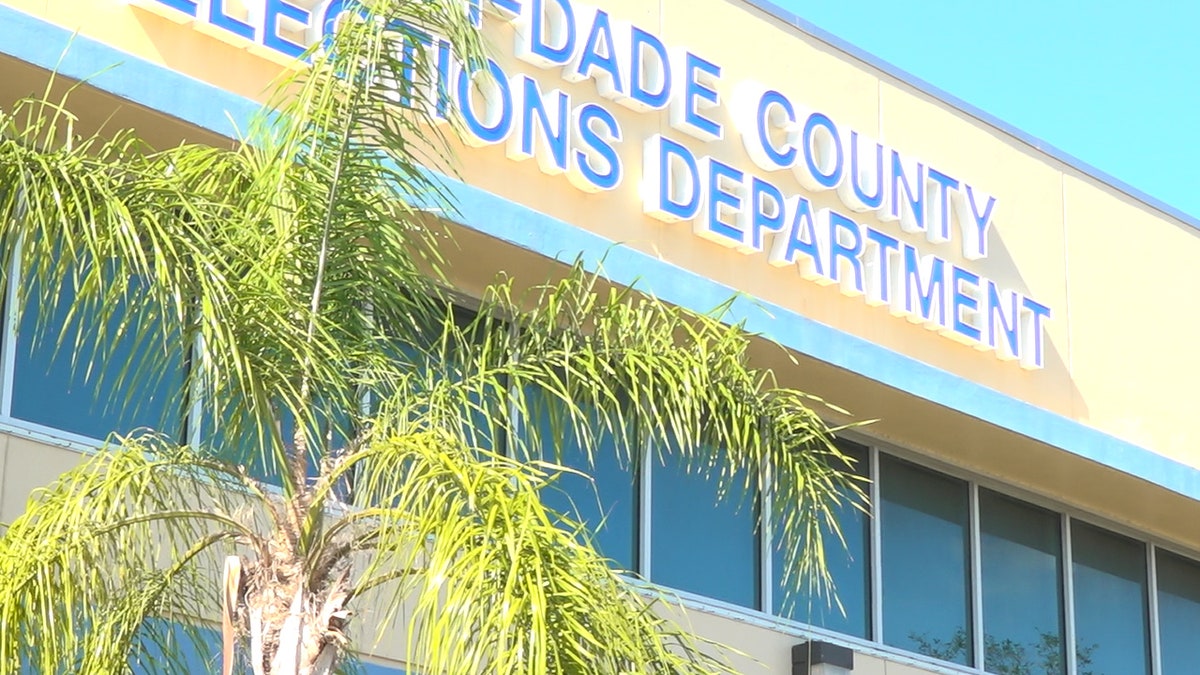
Miami-Dade County is one of thirteen counties already using bilingual ballots. (Elina Shirazi/Fox News)
“It is a concern, especially for those jurisdictions that are much more fiscally constrained than some of the others. In the November 2018 election, the ballot in Marion County with all the amendments and everything fit on one sheet of paper. Well, that is no longer going to be the case. We are going to have two sheets of paper,” Wilcox said.
Wilcox said complying with the order will cost the county $100,000, including mailing and printing costs.
"You know, all my 'vote here' signs that I've had," he said, "we are redoing those.”
In Monroe County, which includes Key West, officials said they do not know how they will be able to comply with the order -- but they are trying.
“We do what we are told, but it is going to be costly," said Monroe Supervisor of Elections Joyce Griffin. "Everything has to be newly printed and there is no way getting around that. It can be done, but it will be difficult to find bilingual poll workers. We can’t use high school Spanish speakers, they have to really know how to speak it fluently, have an intelligent conversation. Also, we don’t have as many Hispanics as we used to.”
But others welcomed the move in a state where 2 million of the 13 million eligible voters are Hispanic.
Many newcomers who come from Spanish-speaking regions say they already find the voting process complex and confusing. Not being able to understand the ballot adds to the challenge.
“I am from Puerto Rico. I voted in the last election in the state of Florida. I speak Spanish better … I need a ballot in dual English and Spanish,” said Sheraly Gonzalez, a Puerto Rican voter.
Gamarra, the political science professor, said Gonzalez is not alone.
“Hispanics are now becoming voters, and they are becoming voters across the state,” Gamarra said.
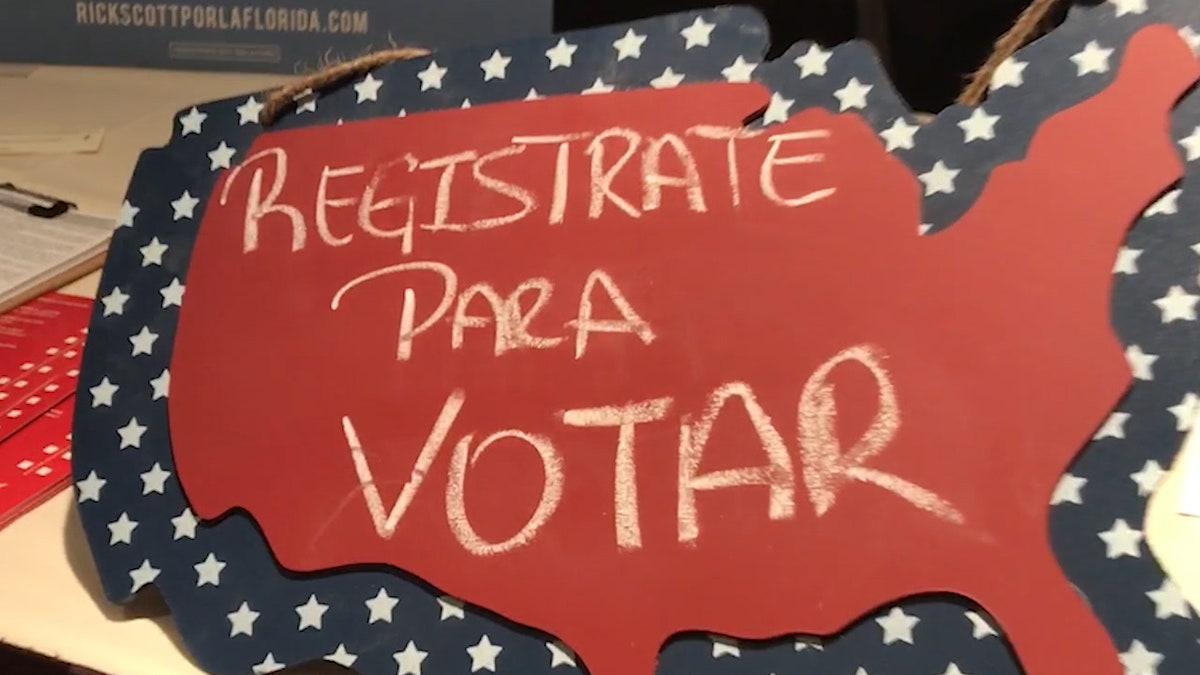
In the November 2016 General Election, Census estimates that 1.55 million Hispanics in Florida reported voting in that election. (Elina Shirazi/Fox News)
Latino rights groups in Florida say these voters need a chance to exercise a fundamental American right.
“We do have 25 percent of the population who are Spanish speaking and when you have over 45 percent of the counties not having language access for the election, it is a problem,” said Yanidsi Velez, the Florida state director for the Hispanic Federation.
Political analysts say getting Hispanics to the polls in 2020 is critical for both the Democratic and Republican parties. President Trump narrowly won Florida in the 2016 presidential election.
“The vote of a few thousand might even turn around a major electoral result. And so, you know, from the perspective of either party I think it's a great move and something that might be tried elsewhere, especially where you have this new influx of voters,” Gamarra said.
More and more counties across the nation are offering non-English ballots. Florida is one of three states, along with California and Texas, where a large number of counties provide Spanish-language ballots, according to Pew Research Center, a nonpartisan fact tank.
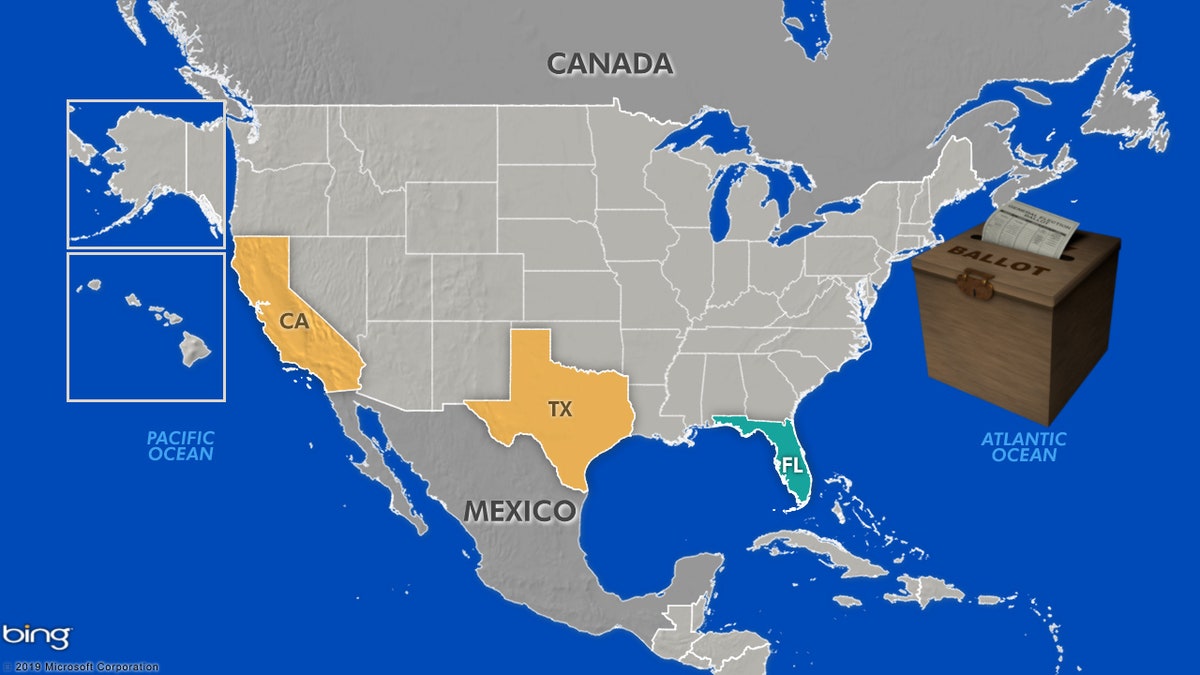
Other states with large minority populations, like California and Texas, already provide Spanish translations in some capacity. (Elina Shirazi/Fox News)
DeSantis said Florida needs to guarantee that every voter understands how they’re voting and for whom they’re voting.
“It is critically important," the governor said when announcing his order, "that Spanish-speaking Floridians are able to exercise their right to vote without any language barriers.”







































